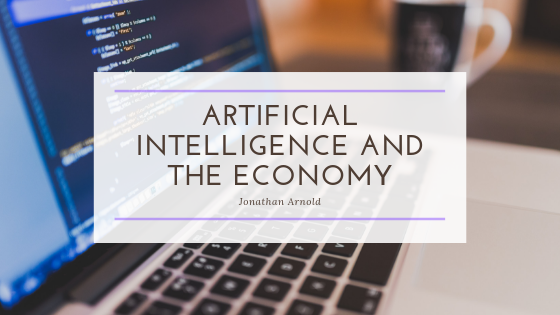Many people perceive the development of artificial intelligent positively for the overall economy, in relatively any industry. For businesses, these AI technologies involve reducing long-term production costs with more reliable systems. AI structures in business only make sense when targeting objectives such as customization, trouble-shooting, chain efficiency, or flexibility.
Initial Requirements To Implement an AI
As happens with all programs, adapting software to your company is about moving from absolute chaos to maximum order. At first, it is expected to have unreliable systems that need constant revisions, and it becomes more complex the more innovative updates we present.
Apart from the economic costs, the great market demand for new technologies decreases as the number of AI programmers available does. This naturally decreases the entry barrier, making companies with AI systems almost unreachable for competitors. If you want to invest in technology, it is recommended to have an income stream that generates enough cash flow to cover the initial downside.
How Does AI Affect The Economy?
Big Data, Cloud Computing, robotics, and other AI initiatives bring many benefits for companies, regardless of the field.
- Reliability: Even though it is contradictory at first, people can make the AI evolve and make more coherent decisions, outperforming our workers. Another key benefit of this technology is predictability. While some argue that AI will remove jobs from qualified professionals, it has the opposite effect. Companies who utilize artificial intelligence do so with the intent to automate jobs, making it more feasible to use workers efficiently for the work that cannot be done by machine.
- Chain Efficiency: The better you invest in your software, the more productivity the company will experience consistently. Workers can now spend less time performing monotonous tasks that do not fully encapsulate their qualification. Instead, the automation of AI allows them to work more efficiently for the company as a whole.
- Flexibility: As an advantage, reliable systems require almost no extra resources, communication, nor monitoring. That gives a lot of free time to deal with meaningful projects or planning the next disruptive innovation for the company.
- Trouble Shooting: Companies prefer to spot and solve problems faster before having to deal with large-scale consequences. You can monitor all the business from one place by using the right tracking program.
- Customization: When we have more precise management tools, we can give our customers an experience that adapts better to their conditions, increasing service quality.
Artificial intelligence proves to offer enough advantages for its users. Its rapid development, however, makes this technological trend unpredictable from the investing perspective. Today’s programs will probably transform and redefine a few years from now, depending on the industry.
This article was originally published on JonathanArnoldChicago.com



